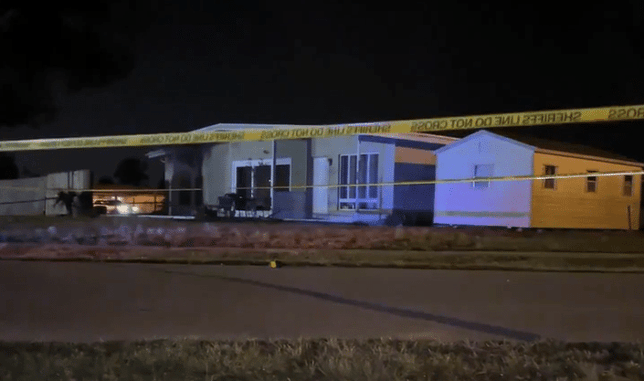Only a year and a half ago, Maine became a permitless concealed carry state. With a long history with firearms descending back into the Colonial era, that love has only grown with time. While children are often taught of this tradition within the confines of the family, there are likely plenty of kids who grow up without any formal or informal education on the safe handling of firearms.
John Flock argues, “why not?”
John Flock is an NRA certified instructor living in Maine and has served in the United States Army. For him, firearms aren’t just a source of entertainment, they’re the center of his career. He also regularly contributes to Bangor News.
His argument is that children in Maine will encounter firearms one way or another — either through exposure and education or finding them in a grandfather’s oak cabinet.
He argues that NRA’s Eddie Eagle Gunsafe Program is perfect for addressing those needs for the safe handling of firearms. It was a program, he notes, was designed in 1988 to help kids identify firearms, take a safe course of action, and inform adults.
And I have absolutely no problem with the NRA’s program designed for children or the Boy Scouts of America and 4-H also provide opportunities for children to learn about guns and use them in a constructive, proactive way.
The key to teaching a child to treat a gun safely is to give that child an application whereby he can see how a firearm is supposed to function, how it should be handled safely, and where that kid can find its entertainment value.
And let’s be honest: the range is the perfect place for this.
But there’s also an essential education portion that includes the basic rules of firearm safety.
Why would we not include this in public school?
Even if that curriculum did not include an active range portion, kids and their parents stand to benefit from learning how firearms function, how they should be handled, and what they should do if they find one.
Just like schools ought to have basic life education like home economics, shop class, and accounting, why not include firearms?
What do we really lose, as a population, from having our children understand things that will directly benefit their lives no matter where they go?
Just imagine the following…
Sending a single child through K-12 and by the time he graduates high school, he can:
- Read and balance a household budget
- Safely handle and use a firearm
- Mend his own clothing
- Cook his own food
- Repair his own home
This kid, no matter what he pursues in his life, will have the basics he needs to take care of himself.
That’s… That’s an adult.
Instead of graduating seniors from high school who can’t do basic math or read very well and lack any basic skills for life, you can have those same teenagers able to at least, at a bare minimum, take care of themselves.
Not everyone needs to go on to be a physicist in a lab or a lawyer in a court room. They do need to be competent enough to not harm themselves or others and make basic choices for their own well-being based upon critical analysis and logic.
Firearms will always make up at least one piece of that equation.
Not everyone grows up in a household that understands firearms. That kid is infinitely better off than his parents by simply knowing how to store that gun safely. Extra bonus points if he understands how to use it proficiently.
That’s a pretty good move for Maine and it would be an excellent choice in just about any state that acknowledge’s an individual’s right to keep and bear arms.




![[VIDEO] The Kimber EVO SP (TLE) is a beauty](https://imagedelivery.net/sbm_lYeJbALkepJgtmRD5w/concealednation.org/2019/07/ScreenHunter_2488-Jul.-19-19.49.jpg/w=728,h=381)









